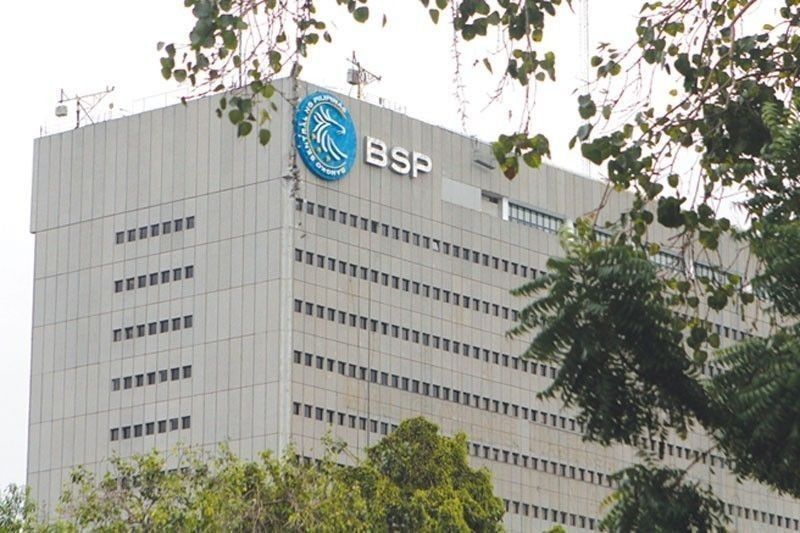BSP renews push for easing of bank secrecy law

MANILA, Philippines — A limited lifting of the bank secrecy law would increase the Philippines’ chances of getting an early exit from the gray list of Paris-based Financial Action Task Force (FATF), according to the Bangko Sentral ng Pilipinas.
BSP senior assistant governor and general counsel Elmore Capule told the Senate committee on banks, financial institutions and currencies that the global dirty money watchdog cited the country’s failure to effectively implement and enforce anti-money laundering/combating the financing of terrorism laws, rules and regulations.
Capule said this includes the ability of competent authorities to directly access information held by banks such as beneficial ownership information on covered persons.
To date, Capule said only the Philippines has secrecy of bank deposit laws that constrain prudential supervision, restricting the depth of information and records that the BSP can look into.
In 1981, Capule said the BSP was granted the authority to look into or examine bank accounts when authorized by the Monetary Board pursuant to Presidential Decree 1792.
However, the authority was removed in 1993 when Republic Act (RA) 7653 or the BSP Charter was enacted.
“If we can also address that point, then it will materially increase our chances of getting an early exit from the FATF gray list. So essentially, that is the first proposal of the BSP – a limited amendment to the bank secrecy law,” Capule said.
Since its re-inclusion in the gray list in June 2021, the Philippines has made a high-level political commitment to work with the FATF and Asia Pacific Group on Money Laundering (APG).
The country cited the enactment of RA 11479 or the Anti-Terrorism Act of 2020 as well as RA 11521 amending the AMLA together with the issuance of the corresponding rules and regulations.
Despite several re-ratings, the FATF retained the Philippines in its gray list after its third follow up report last February as it stressed the need for the country to further strengthen its action plan to address strategic deficiencies in their regimes to counter money laundering, terrorist financing, and proliferation financing.
The Anti-Money Laundering Council (AMLC) is confident the Philippines would be removed from the gray list on or before January 2023 as the country has committed to resolve swiftly the identified strategic deficiencies within agreed timeframes.
Capule said the regulator is pushing for a limited changes to Republic Act 1405 or An Act Prohibiting Disclosure of or Inquiry Into, Deposits with any Banking Institution (Bank Secrecy Law).
According to Capule, both the World Bank and the International Monetary Fund (IMF) noted that the bank secrecy laws in the country restrict the ability of the BSP to undertake effective supervision.
Capule explained that the proposed amendments to the Bank Secrecy Law under House Bill 8991 is limited to deposit accounts of stockholders, owners, directors, trustees, officers or employees of an entity that is subject to the supervision of the BSP.
Capule said the Monetary Board would determine if there is reasonable ground that a fraud, serious irregularity or unlawful activity has been or is being committed and in the course of its investigation of closed banks.
“Essentially what we are looking is a very, very limited relaxation of the bank secrecy laws.” Capule said.
Capule said the proposed amendments would include safeguard measures against abuses.
Earlier, BSP Governor Felipe Medalla said the central bank is looking into proposed amendments to the Bank Secrecy Law allowing a thorough examination of bank accounts with suspicious financial transactions
Medalla told members of the Financial Executives Institute of the Philippines that the amendments being reviewed would strengthen the BSP’s capacity to protect depositors from losses due to fraud and other unlawful activities.
For the 19th Congress, the BSP is also pushing for the enactment of the Financial Accounts Regulations Act initiated by the Bankers Association of the Philippines (BAP), Digital Payments bill, and the SIM Card Registration Bill that was vetoed by former president Rodrigo Duterte.
- Latest
- Trending






























